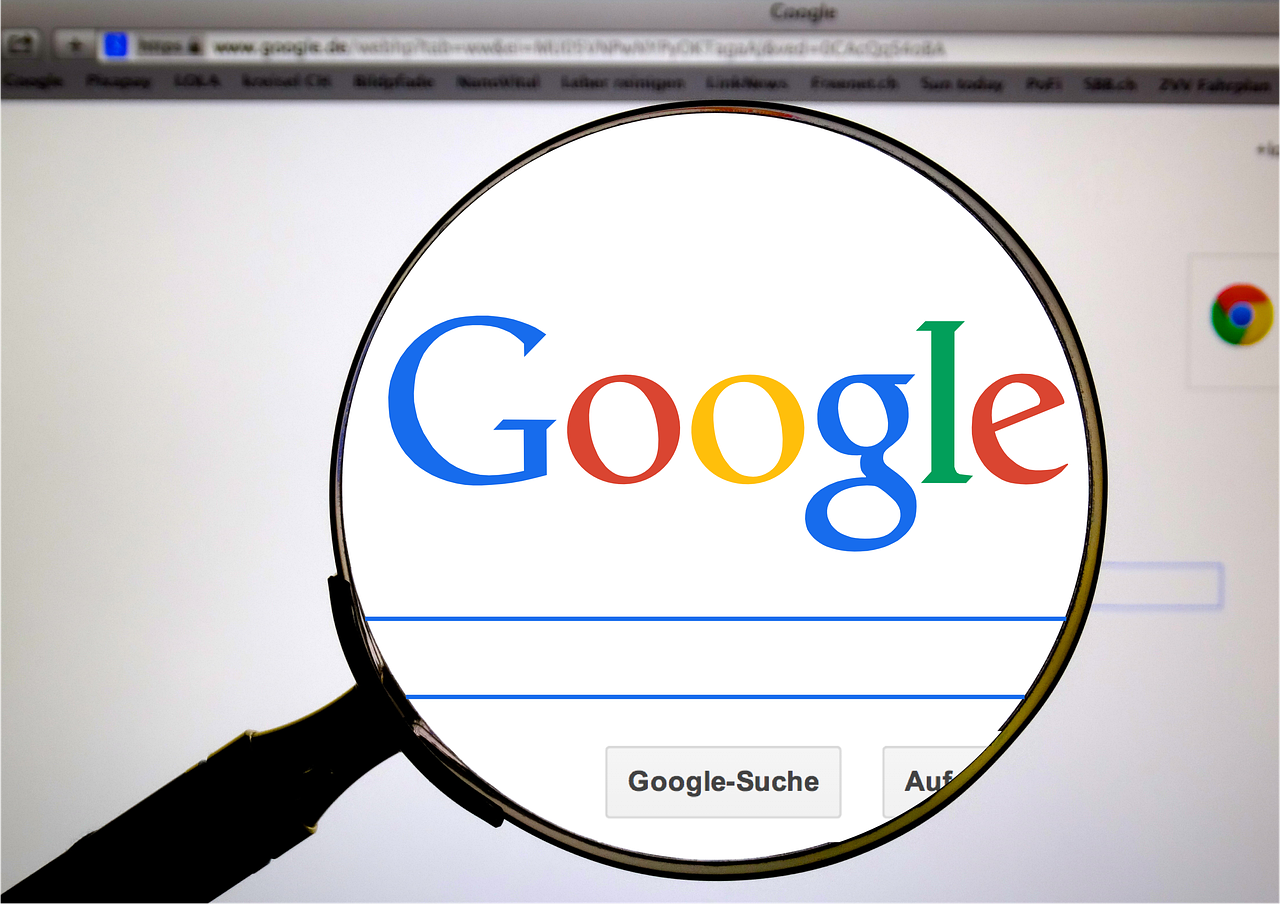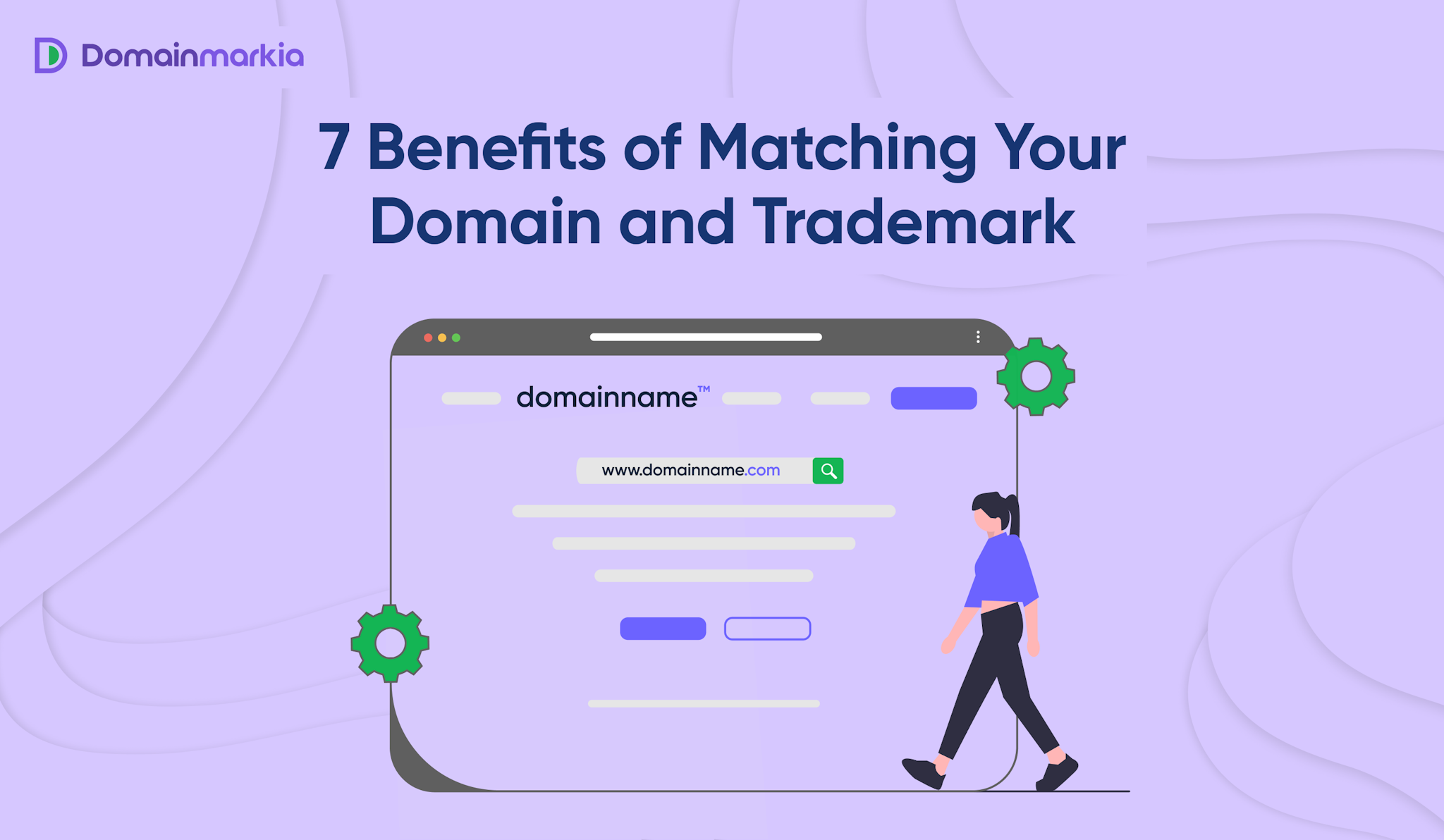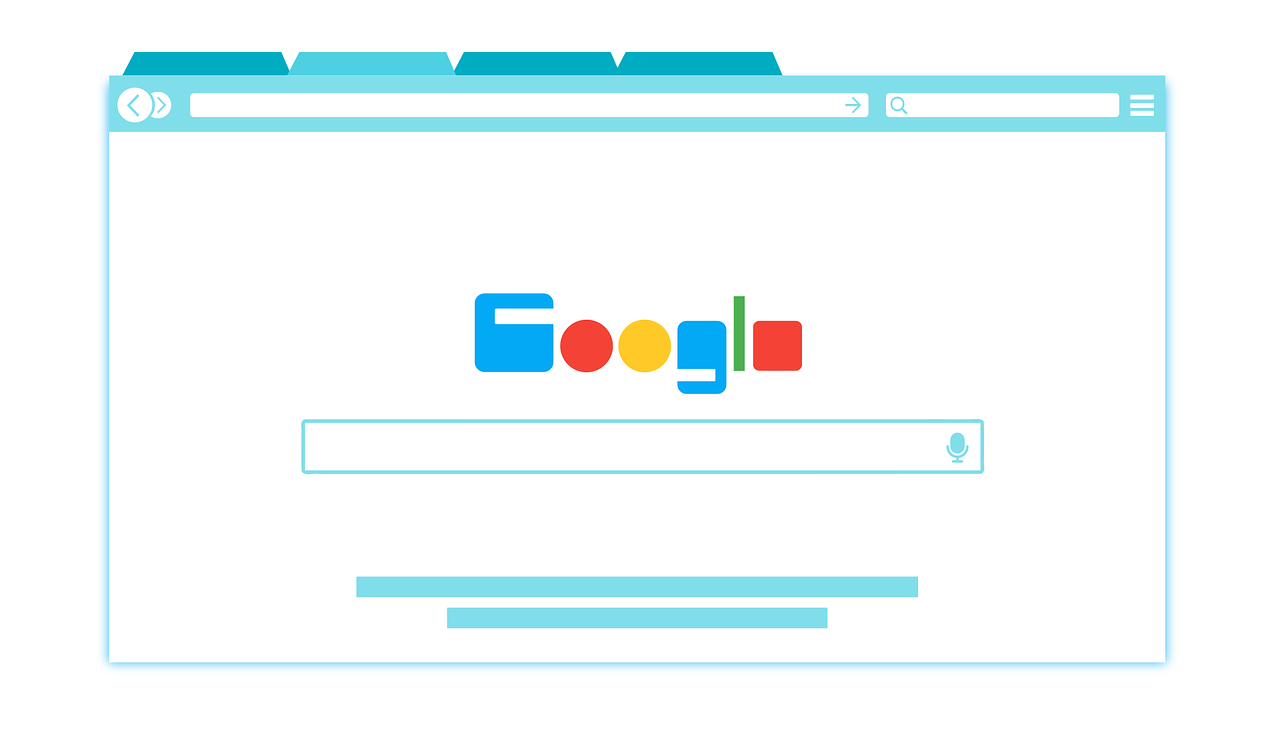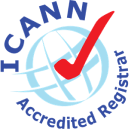According to Zippia.com, 29% of small businesses don't have a website — that's an alarming statistic!
In today's digital era, your domain name defines your online presence.
(Put a stamp on it — that's a fact!)
And it's the first step in carving out a unique space in the vast digital universe.
But what is a domain name, and why is it so crucial?
Let's delve into the world of domain names, exploring their significance, functionality, and how you can choose the perfect one for your digital venture.
So, what is a domain name?
A domain name is far more than a mere web address.
It's an integral component of your online persona, acting as the gateway to your digital presence.
(Yes, it's that important sounding!)
It's the address that users input into their browsers to locate your website, but its importance transcends its functional role.
From a technical viewpoint, a domain name is a user-friendly surrogate for a website's numerical IP (Internet Protocol) address.
This substitution is crucial as it transforms the complex, numerical IP address into a memorable and easily communicable form, facilitating internet users' ease of access and recall.
The inner workings of domain names (I get detailed here!)

Think of it this way:
The Domain Name System is akin to the Internet's phonebook, playing a pivotal role in translating domain names into IP addresses.
The DNS springs into action when you type a web address into your browser.
It starts by querying a global network of servers to find the specific IP address associated with the domain name you've entered.
This process involves several layers of DNS servers, including:
- Root name servers: These are the highest level and guide the query to the correct top-level domain (TLD) server.
- TLD name servers: These servers host the last portion of a domain name (like .com, .org). They direct the query to the specific domain's name server.
- Authoritative name servers: In the final step, these servers store the IP address linked to the domain name. They respond to the query with this IP address, allowing your browser to connect to the website's host server.
Each step in this hierarchy is crucial, ensuring internet traffic is accurately and efficiently directed.
It allows users to access websites using memorable domain names instead of numerical IP addresses.
Aside from being your "online presence" — what is the importance of domain names?
There are three key points that I can think of:
- Credibility and trust: A custom domain name enhances the professionalism and credibility of your website, distinguishing it from amateur or free websites.
- SEO advantages: Choosing the right domain name can positively influence your website's search engine rankings, particularly if it includes relevant keywords.
- Marketing and visibility: A good domain name is easy to remember and share, contributing to better marketing and visibility of your website.
Don't skip out; register your domain name today!
DID YOU KNOW: According to brightlocal.com, "87% of consumers used Google to evaluate local businesses in 2022."
Types of domain names (for those who want to learn even more!)
Understanding different types of domain names is key to making an informed choice:
TLDs (Top-Level Domains)
These are the highest level in the Internet's domain name system and appear at the end of web addresses. They are broadly categorized into generic TLDs and country-code TLDs.
Examples:
- .com (commercial): The most widely used TLD for general purposes.
- .org (organization): Commonly used by nonprofits and organizations.
- .net (network): Originally for network services, but now broadly used.
ccTLDs (Country-Code Top-Level Domains)
These are specific to individual countries and are generally two letters long, used by websites to target audiences in a particular country.
Examples:
- .uk for the United Kingdom: Used by UK-based entities.
- .de for Germany: Popular among German websites and businesses.
- .jp for Japan: Utilized by Japanese organizations and companies.
gTLDs (Generic Top-Level Domains)
These are newer domain extensions specific to certain industries, professions, or interests.
Examples:
- .app: Designed for application developers.
- .blog: Ideal for bloggers and blogging platforms.
- .tech: Targeted toward technology-related sites and businesses.
Personally, I like ".club"!
Other types of domain names
Apart from a top-level domain (TLD), (country code top-level domain (TLD), and generic top-level domain (gTLD), there are other categories:
- sTLDs (Sponsored Top-Level Domains): These are specialized TLDs representing a specific community. For example, .edu is for educational institutions, .gov is for U.S. government entities, and .mil is for the U.S. military.
- Second-Level Domains: In some ccTLDs, second-level domains specify a type of entity. For instance, .co.uk is often used by commercial entities in the United Kingdom and .com.au in Australia.
- IDNs (Internationalized Domain Names): These support non-Latin characters, catering to languages with different scripts, like Arabic, Cyrillic, or Chinese. They allow users to register domain names in their native languages.
These different domain names provide various options for individuals, organizations, and businesses to choose a web address that best suits their identity, purpose, and audience.
(Do you know what a fully qualified domain name is? Don’t worry! We explain that on our blog too.)
The important problem — selecting the right domain name

Choosing a domain name is a critical decision.
(Selecting the wrong one may force you to change your domain name later!)
It should be:
- Concise,
- Easy to remember,
- And reflective of your brand or the content of your website.
(This means www.verylongdomainnamehardtoremember12345.com may not be the best choice!)
Also:
Consider using keywords relevant to your business and avoid complex spellings.
The domain extension (.com, .org, etc.) is also worth considering, as this can impact user perception and search engine optimization.
(Learn all about selecting a custom domain name on our blog.)
Getting started — how to register a domain name
Registering a domain name involves several steps:
- Domain name research: Use tools like domain name generators to brainstorm ideas.
- Availability check: Use Domainmarkia's free search tool to see if your desired name is available. We also have a trademark search tool that you can also use for free!
- Registration process: Choose your desired domain type (i.e., .com, .tech, etc.), check for additional features like privacy protection, and complete the registration process.
What's the difference between website hosting and domain registration?
If you're new to all of this, you may not even be sure what web hosting is all about and how it differs from domain registration.
Don't worry, I've got your back:
While domain registration grants you the right to use a specific domain name, web hosting refers to the service that provides the necessary hardware (web server) and software to store and access your website's files.
Both domain registration and web hosting are essential for a fully functional website.
But they're distinct services.
Domain registration ensures your website's unique identity through its domain name, while web hosting involves the technical aspects of keeping your website accessible online.
The domain name serves as the address users enter to access your web page, leading them to the correct web server.
On the other hand, web hosting provides the physical space (server) and technological infrastructure where your website's content, including web pages, images, and other files, is stored and managed.
To make a website live and accessible on the Internet, the domain's DNS settings must be configured to point to the web server provided by the hosting service.
This linkage ensures that when someone enters your domain name into their browser, they're directed to the correct web server where your web pages are hosted.
Protecting your identity — domain privacy and security
When you register a domain name, your personal information, including name, address, phone number, and email, becomes part of the public WHOIS database.
This can lead to privacy concerns.
To counter this, we offer WHOIS privacy services, which replaces your personal information with the information of a proxy service, thus protecting your privacy.
It's crucial to ensure the security of your domain name to prevent unauthorized transfers or changes to your domain registration.
This can include setting up strong passwords, enabling two-factor authentication, and regularly updating your registration records.
How often do I have to renew my domain?
When you register a domain name with a domain registrar, you are essentially leasing a valid domain name for a set period, which usually ranges from 1 to 10 years.
This process with domain registries is known as domain name registration.
And it grants you exclusive rights to use your desired domain name for the agreed period.
As your domain name expires, it becomes critical to renew your domain with your domain registrar.
This is crucial to prevent service disruptions, such as your website becoming inaccessible or email services ceasing to function.
Moreover, timely renewal is necessary to maintain ownership of your domain name, ensuring it remains a valid and exclusive address for your online presence.
To avoid accidentally forgetting to renew your domain name, we offer the option of setting up automatic renewals.
It's a convenient way to manage domain renewals, especially for those managing multiple domains or those with busy schedules.
If the worst happens — handling domain expiration
Domain names are registered for a fixed period. If not renewed, they expire, leading to a multi-stage process before they become available for public re-registration.
This process is designed to give the original domain owners a chance to recover their domain and prevent sudden loss of online identity.
The grace period
Immediately following expiration, the domain enters a grace period.
The duration can vary depending on the registrar and the specific TLD, but it typically lasts 30 to 45 days.
During this time, the original domain owner can renew their domain at the standard renewal price.
The website and associated services like email may be suspended, but the owner retains the right to renew the domain.
The redemption period
Following the grace period, the domain enters the redemption period, which usually lasts about 30 days.
This is the last opportunity for the original owner to reclaim the domain.
Renewing a domain during the redemption period is typically more expensive and involves a more complicated process.
This higher cost includes a redemption fee charged by the domain registry in addition to the standard renewal fee.
The deletion phase
After the redemption period, if the domain is still not renewed, it enters the deletion phase.
The exact timeline for this phase can vary, but it usually lasts about five days.
During this phase, the domain is removed from the registry, and all rights of the previous owner are relinquished.
The domain name then becomes available for anyone to register on a first-come, first-served basis.
(Setting up auto-renewal can save you from all this stress!)
Trademarks and domains go hand-in-hand.
Before registering a domain, it's wise to conduct a trademark search to ensure the name doesn't infringe on any existing trademarks.
This is crucial because using a domain name that is a trademarked term can lead to legal disputes and potentially losing the domain.
Domain names can be a form of intellectual property, especially when they become synonymous with a brand or a business.
In such cases, domain names can be trademarked, providing legal protection against misuse or infringement.
(Explore the 7 key benefits of having the same domain name as your trademark.)
What Domainmarkia can do for you

In conclusion, a domain name is a foundational element of your online identity, playing a crucial role in branding, credibility, and digital marketing.
It's a vital part of how users find and remember your website, and choosing the right one can significantly impact the success of your online endeavors.
At Domainmarkia, we not only help you register your domain at a competitive price but we also:
- Protect your privacy with a domain privacy guard.
- Register your trademark to ensure that your intellectual property remains yours.
- We can even help you with your Amazon listings (graphic design, SEO optimization, and more) if you're also looking to sell on Amazon!
(Did I miss anything important? Check out our FAQs — I may have the answers you need there!)
FAQs
Is a domain the same as a URL?
A domain is not the same as a URL. The domain is part of a URL, specifically indicating the website's name and extension, while a URL is the entire web address, including the protocol and path.
Do you need a domain for a website?
Yes, you need a domain for a website. It's the address users use to enter your website.
How do I buy a domain name permanently?
You cannot buy a domain name permanently; they're typically leased from domain registrars annually. However, you can prepay for many years in advance.
Does my domain name belong to me?
Yes, your domain name belongs to you as long as you continue to renew it with the registrar where you purchased it. However, you don't own the domain outright - it's more like a lease.
How much does a domain name cost?
The cost of a domain name varies based on factors like the Top-Level Domain (TLD), the registrar's pricing, and the domain's popularity. Additional services like privacy protection and renewal fees can also influence the price. Prices range from moderate for common TLDs to higher for premium or highly sought-after domain names.
Should I buy a domain for my small business?
Without sounding biased — purchasing a domain for your small business is highly recommended. It enhances your professional image, improves brand recognition, and provides better control over your online presence. A unique domain also aids in SEO and makes it easier for customers to find and remember your business.















